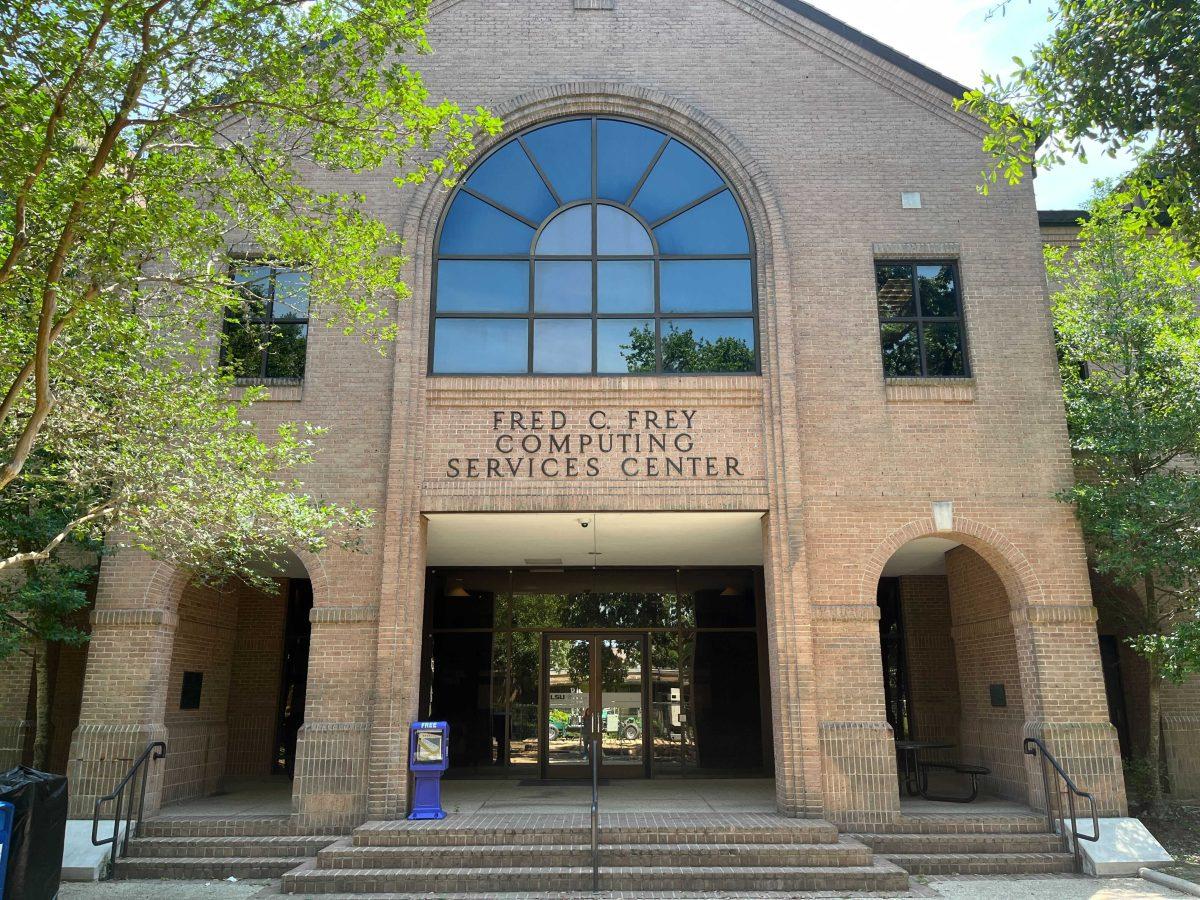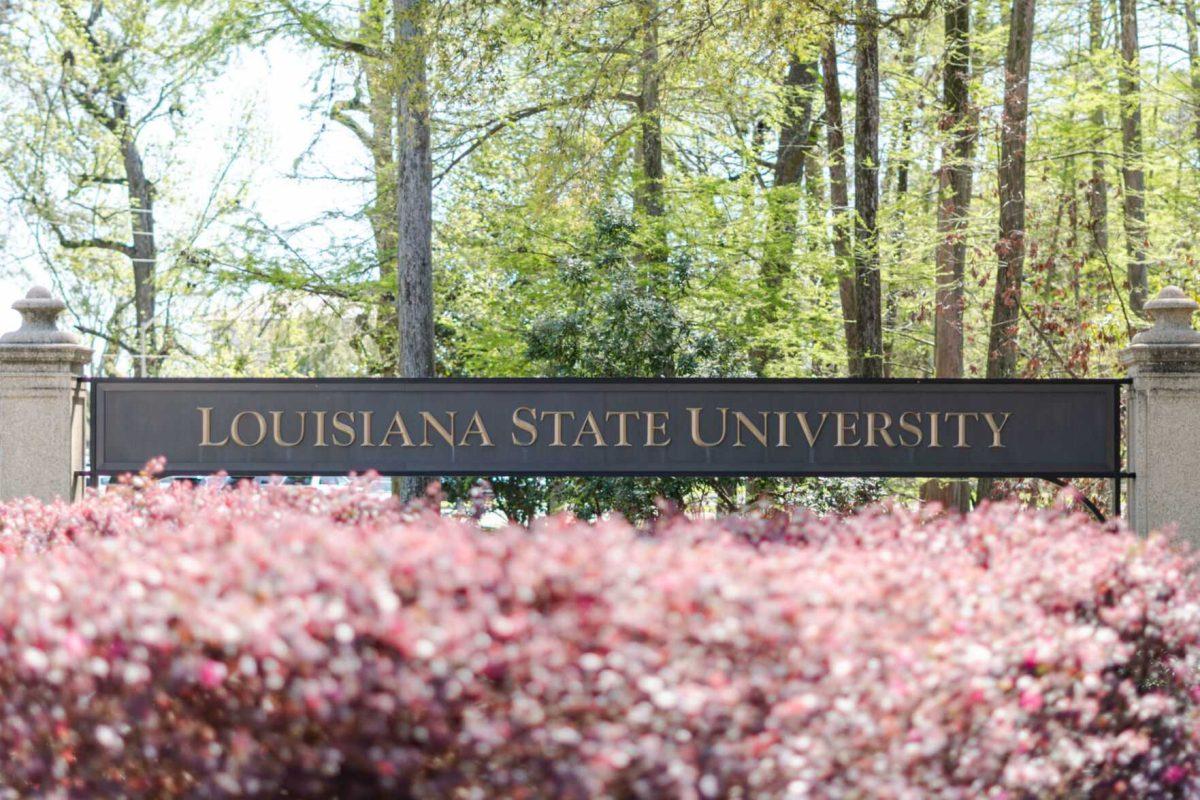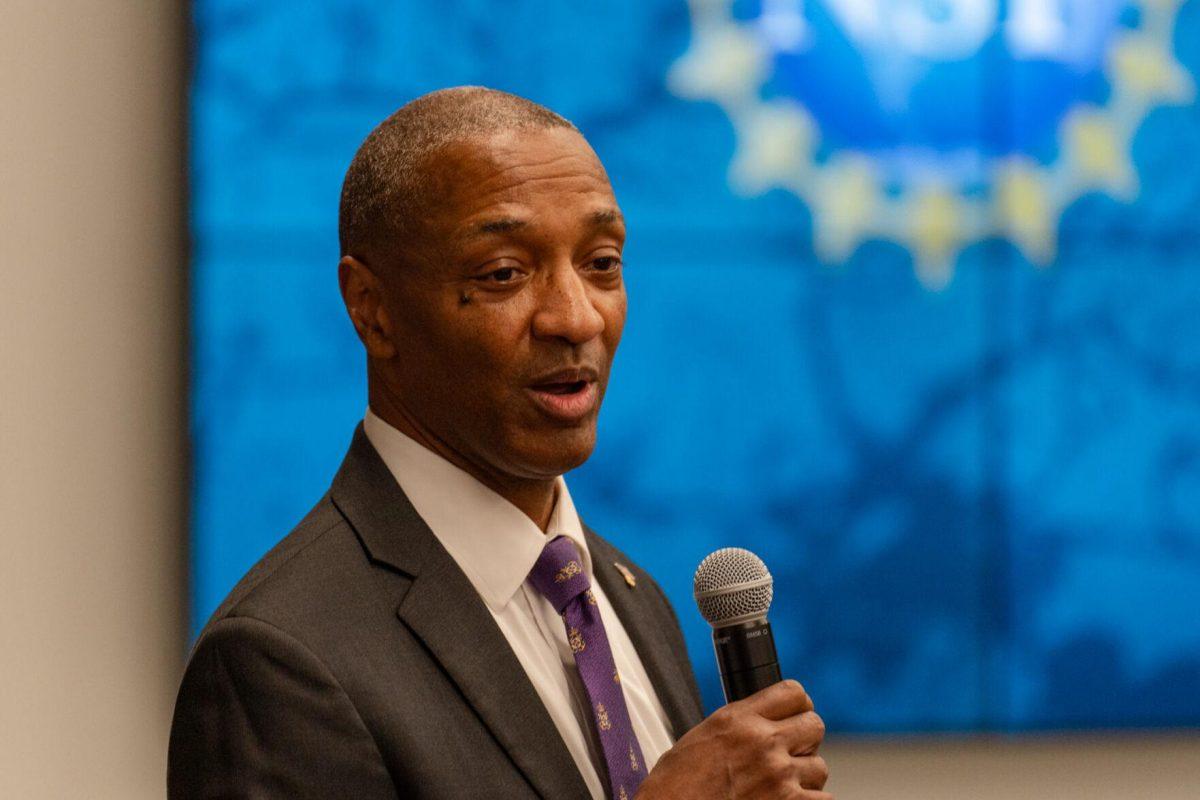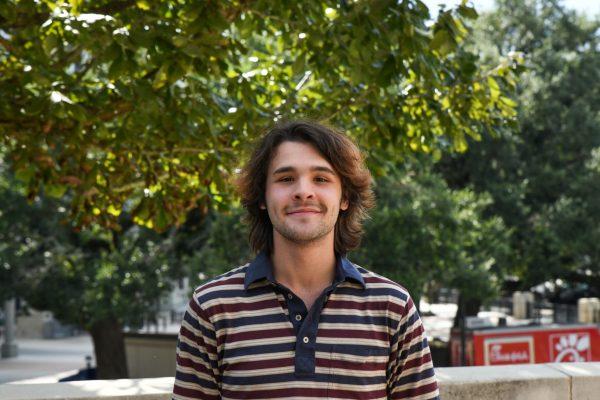Paragraph by paragraph, word by word, Faculty Senate’s ad hoc committee on information technology nears a month since it first began scrutinizing over 14 new policy statements LSU’s Information Technology Service hopes to advance forward by early June.
The implications of these policies’ current state is overwhelmingly unpopular, not only to the faculty members who make up the committee, but also to those at large – at least, if they’re aware of the new, IT centric policy statement drafts at all.
Faculty Senate’s IT ad hoc committee was formed in mid-April when the senate’s executive committee first became aware of the 14 new policy statements ITS was pushing. According to the committee chair, Param Singh, the new policy statements have been in development for around two years and are designed to update LSU’s current, increasingly outdated measures.
Singh, who is also a professor of physics, said his email has been flooded with dozens of dissatisfied faculty members who believe time and time again, their concerns aren’t being adequately represented by the university’s administration.
To these upset faculty members, Singh said, the language of the new policies is concerning because there’s a high emphasis on punishment, a lack of transparency, a threat to faculty tenure and a threat of firing for noncompliance, even if unintentional.
Jeffrey Roland, another faculty senator on the committee and a professor of philosophy, said there’s a fundamental misunderstanding that faculty members aren’t just regular employees.
Faculty, Roland said, have a much bigger and more irregular responsibility to a college campus than how most other organizations operate. He said that inevitably comes with heightened authority.
Shared governance, he said, has been ignored.
“ITS is trying to turn this into the way a corporation is run,” Singh said, summarizing the concerns he’s seen the committee express. “That is not the way a research minded university works.”
The 14 new policy statements, numbered PS-120 through PS-133, have not been made publicly accessible.
Committee meetings have been a slow deliberation between the committee’s faculty members and the ex-officious of committee representing ITS.
A draft of the new policy statements was read to the congregation of faculty before they’d break down the faults that they saw in them. The committee’s ex-officious followed up, providing explanation to the policy’s present language before both groups entered word by word revision of the draft and found something they agreed upon.
Friday’s meeting was the committee’s fifth and most recent meeting. There, only a few paragraphs of the second proposed policy statement dealing with “System Acceptability Use”, PS-121, were reviewed in the 90 minutes the meeting went on.
During Friday’s meeting, a few specific segments of PS-121 were of concern to the committee’s faculty members.
One of them was a segment on “access control” which read:
“Users must properly log off and/or password protect any information system when leaving the immediate work area for any length of time.”
When asked what that meant, Singh said it effectively meant a faculty member who was found logged into an LSU system after leaving their office unlocked, if caught, could face harsh punishments. They could even potentially be fired, he said.
Another segment under fire was under the “Bring Your Own Device” section. It stipulated that in order to “maintain the security of LSU network, systems applications and data,” all personal devices that used LSU systems had to have a password, be kept on the latest update, could not be jailbroken and were required to have antivirus or anti-malware software.
Singh said this meant that even personal devices, like a faculty member’s iPhone, would have rules applied that the university faculty ultimately had next to no influence over.
He noted that to many of the faculty members, the issues held with PS-121 weren’t ideal, but the punishments, disconnection and vagueness tied to them led faculty to feel they were “draconian.”
Singh said it’s uncommon all nine of the committee’s faculty members, some senators and others non-senators, can attend the committee meetings at once, given the tenuous nature of the start of summer and the end of finals. Combined with the rapidly impending June deadline, he said it created a further strain on faculty representation. At Friday’s meeting, only about half the members could make it.
One fear he shares with the rest of the committee is that there won’t be enough time to address the faculty’s concerns, resulting in the new policy statements being rushed and pleas ignored.
Ilya Vekhter, professor of physics, provided public comment at the start of Friday’s meeting.
“The document, as I saw it, essentially talked about possible violations and punishments,” Vekhter said. “It was not clear who was going to dole it out and under what conditions.”
Vekhter said the policy statements ITS was trying to push forward were stricter than those of the U.S. national lab he used to work for, which housed nuclear secrets.
To him, based on how the policies are currently written, it seems like ITS has the ultimate say in what is considered “egregious” or not. He fears they can basically revoke tenure according to policies they created.
“It’s creating a load of barriers for the faculty to do their research,” said astronomy professor Juana Moreno.
She sits on the committee without being a faculty senator. Moreno said the policy statements pushed by ITS read as though they didn’t have faculty interests at all in mind. She said ITS should be operating as a service that aids faculty, not limits them.
Moreno said she is discouraged about the timing this is all happening. Caught among securing summer research, finalizing final exams for her classes and navigating non-academic living barely leaves her with the time and ability to represent the university’s faculty.
“They’re doing all of this when most of the faculty is doing research or isn’t on campus,” Moreno said. “This push to get this approved so soon is not good because many faculty will not learn about this issue until August when the semester is starting.”
Craig Woolley, as a liaison of ITS and chief information officer of the university, declined to answer any questions regarding the perspective of ITS.
He said he could only release this statement:
“ITS and the Faculty Senate are working together on IT policy revisions. That work is proceeding and the ad hoc Faculty Senate IT Committee is providing valuable feedback.”
None of the faculty members interviewed believe ITS is intentionally acting behind their back, but most said it certainly feels that way.
Roland believes ITS is asking for input after the fact. He said it’s become part of LSU’s general practice in the past few decades to formulate new policy changes and reveal them after the fact.
“In years past, there were people who would accept that,” Roland said. “They thought they were powerless. The current faculty governance leadership is not like that.”
He said the policies ITS has formulated also affect the university’s staff and students. He added that students should be in an uproar.
“We’re not IT professionals,” Roland said. “A lot of professors aren’t even aware it’s going on.”












